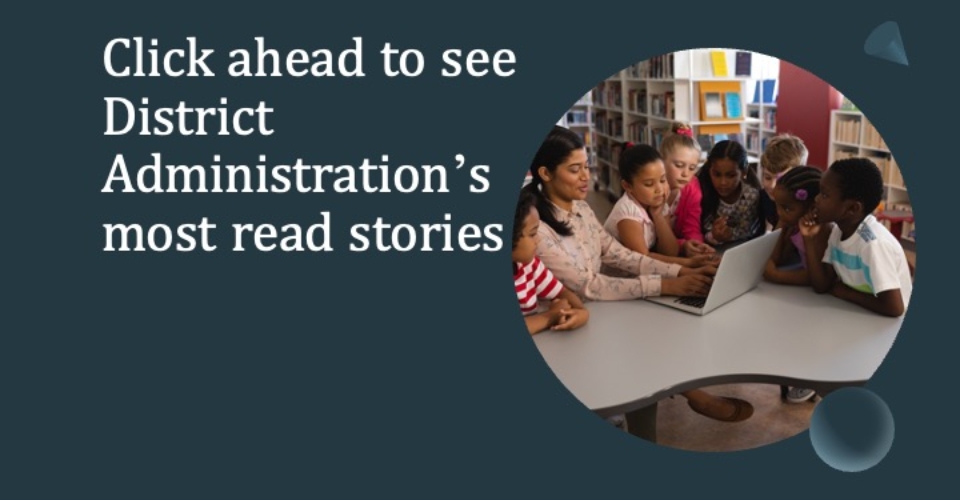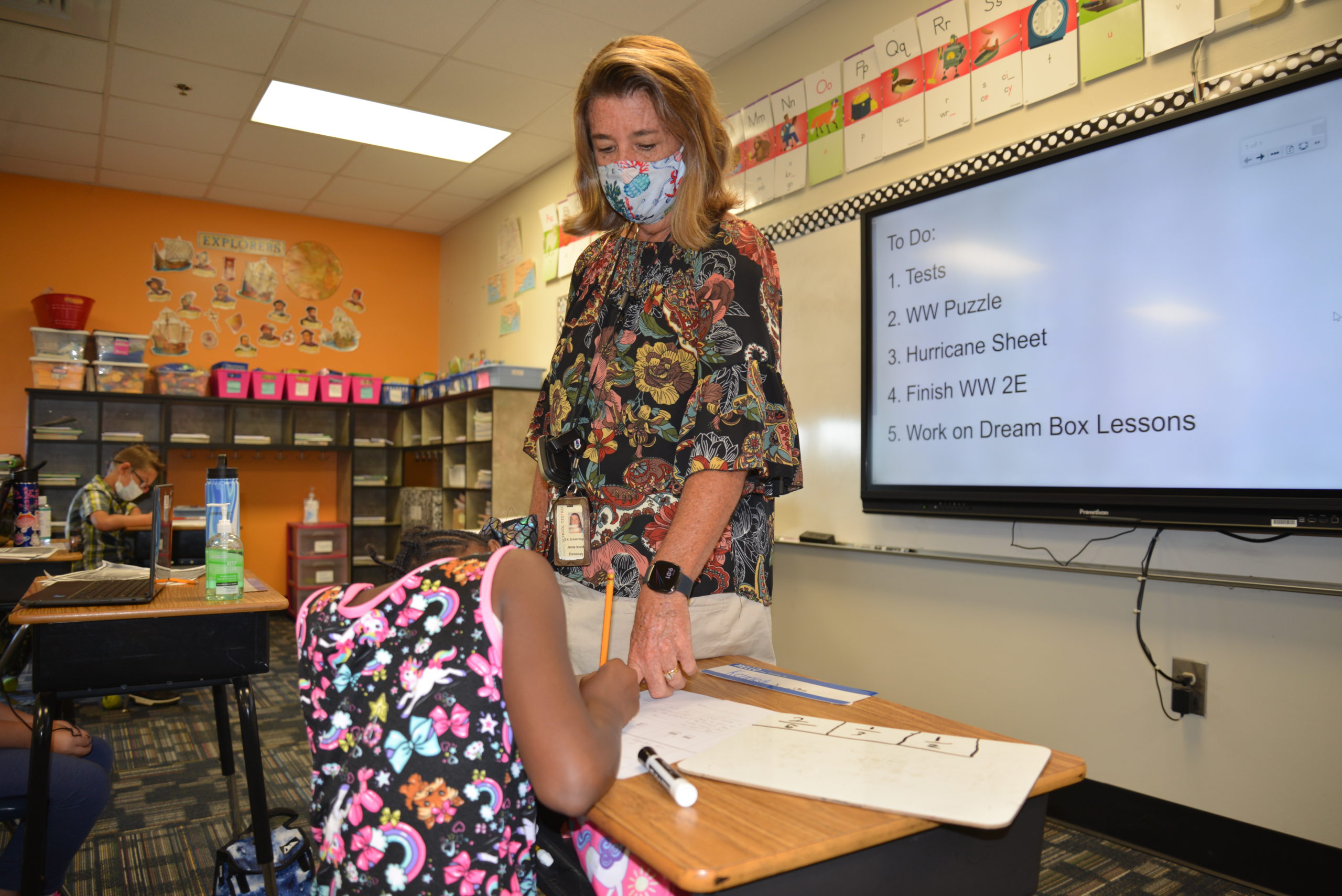As schools wrap up in preparation for summer break, some districts are prepping for the first days of their summer learning programs, a fundamental tool used by educators to help students avoid the summer “learning slide.” If not implemented effectively, however, students won’t receive the benefit they deserve. Here’s how to make the most out of your summer programs.
A March report from EdResearch For Recovery and the Tennessee Education Research Alliance outlines best practices and guidelines for district leaders using data collection to measure and assess their summer programs. Separated into four key focus areas, the report addresses what data schools should be collecting and research-based recommendations to support schools that seek to make the most of their data collection.
Demographics of Summer Enrollment
Questions to ask:
- “Are the students who are enrolling in the program the ones who would benefit the most from the additional academic support and school engagement opportunities?”
- “Which students should we target for additional recruiting efforts?”
Schools should maintain a list for each program or site of every student who signs up, including those who never attend. Then, link enrollment data to the district’s Student Information System (SIS) to ensure enrollment is connected to student-level characteristics.
“Analyzing enrollment, apart from attendance, can help identify barriers in the participation pipeline,” the report reads. “Capturing this year-over-year and tracking no-show rates provides a clearer picture of the percentage of students who enroll in the program and the share of those students who actually attend.”
Summer Attendance Patterns
Questions to ask:
- “What are the broad attendance trends over the course of the program?”
- “Which groups of students are attending more regularly and attending more days?”
- “Which students are not attending regularly and might benefit from support plans?”
Schools must document the programs or sites students attended, including their dates. Similarly, begin linking that data to your SIS.
“Attendance is strongest when programs communicate the benefits of high attendance during recruiting, establish an enrollment deadline, follow-up with reminders about the program, provide transportation, and create an engaging site climate with positive adult-student relationships,” according to the report.
More from DA: A new look at the teacher shortage—is it worse than we thought?
Teacher, Student and Family Experiences
Questions ask:
- “Did students have positive experiences in the program?”
- “Do students report higher levels of non-academic outcomes (self-efficacy, connection etc.) at the end of the program?”
- “How do teachers and parents view the quality of the program?”
- “What do parents and teachers see as strengths and areas for growth for the program?”
Using student, teacher and family surveys, schools should administer these before and after the programs to assess changes over time, gain retrospective insight and gather feedback on teachers’ and families’ experiences.
Academic Outcomes
Questions to ask:
- “Did students attending the program improve on targeted academic skills?”
- “Did students who attended the program longer see more academic achievement?”
- “Did summer program participants perform better on benchmark exams compared with non-participants?”
Leveraging available achievement data, including benchmark exams, will help educators better understand how to design programs that provide the most academic benefit for students.
“Ultimately, collecting and examining this data can give school and district leaders a measuring stick with which to assess their progress toward their goals,” the report reads. “It can help ensure that their summer programs are always improving and providing the best possible outcomes for students.”









